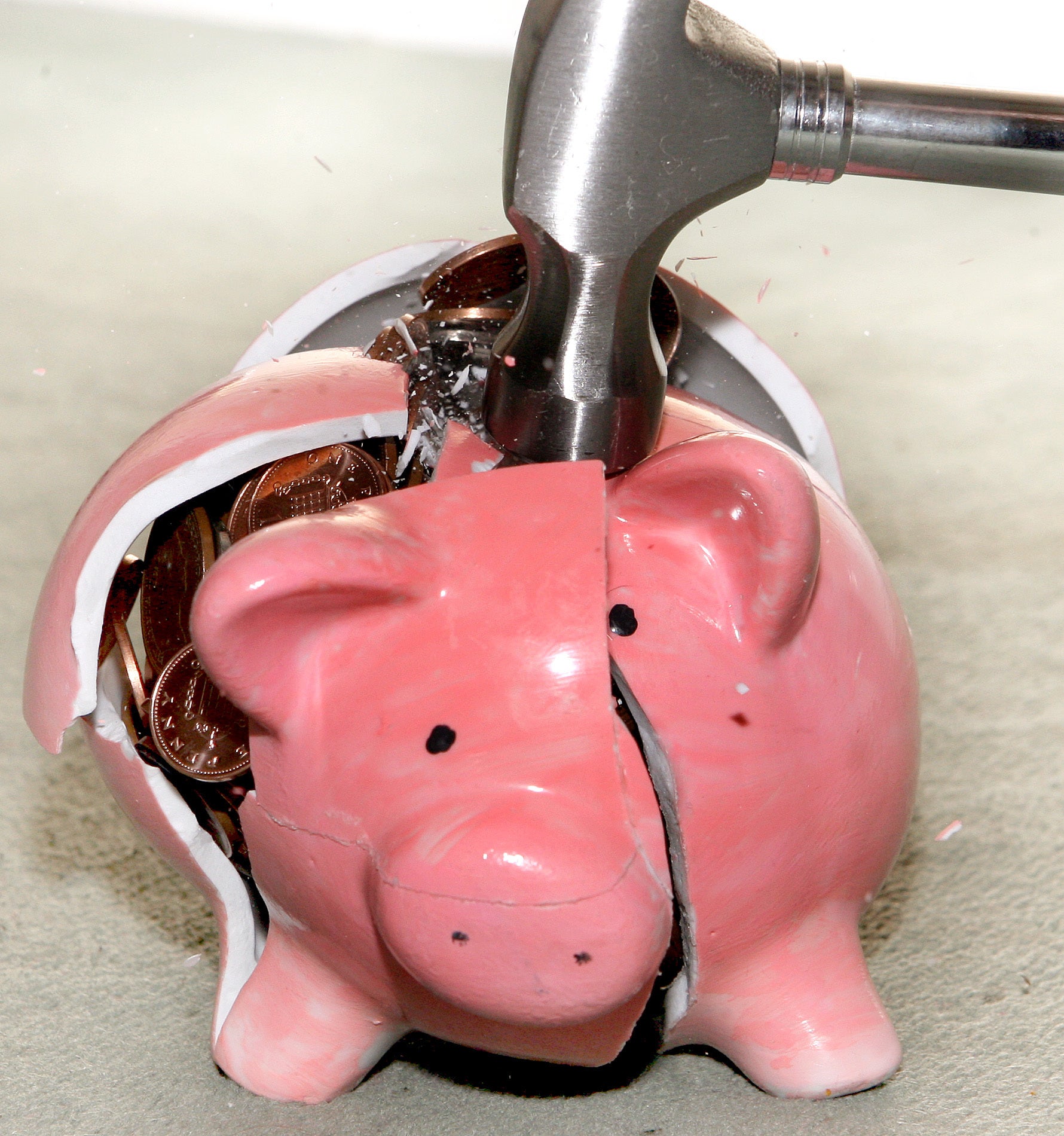Lockdown savers ‘have spent around fifth of their cash pots on average’
People who have saved money during the pandemic have now spent just over a fifth of it on average, according to Paragon Bank.

Your support helps us to tell the story
From reproductive rights to climate change to Big Tech, The Independent is on the ground when the story is developing. Whether it's investigating the financials of Elon Musk's pro-Trump PAC or producing our latest documentary, 'The A Word', which shines a light on the American women fighting for reproductive rights, we know how important it is to parse out the facts from the messaging.
At such a critical moment in US history, we need reporters on the ground. Your donation allows us to keep sending journalists to speak to both sides of the story.
The Independent is trusted by Americans across the entire political spectrum. And unlike many other quality news outlets, we choose not to lock Americans out of our reporting and analysis with paywalls. We believe quality journalism should be available to everyone, paid for by those who can afford it.
Your support makes all the difference.People who managed to save some money during coronavirus lockdowns have now spent around a fifth of it typically, research suggests.
Seven in 10 (71%) people said they had been able to put money aside during the pandemic amid fewer opportunities to spend, Paragon Bank found.
The average amount people had saved during lockdowns was £1,216.
But when asked what percentage of their pandemic savings people had now spent, the average amount was just over a fifth (21.5%) – equating to around £261 of lockdown savings having been spent.
Some people had managed to hang onto their pandemic savings however.
People should set long-term saving goals as well as ensuring they save enough money in an emergency fund to cover three months' worth of expenses
Over-55s were twice as likely as young adults to have managed to hang onto all of their savings.
More than half (58%) of savers in this age group had managed to keep all of their pandemic savings, compared with 29% of 18 to 34-year-olds.
Surging living costs, with Consumer Prices Index (CPI) inflation recently hitting 5.1%, could make it harder for some to hold on to their lockdown savings.
Some savers may, however, see slight improvements to their returns in the coming months, after the Bank of England base rate recently edged up from 0.10% to 0.25%.
Two-fifths (38%) of the 1,000 people surveyed for Paragon Bank said they are spending more now than pre-pandemic.
People were most likely to be spending more on groceries compared with before the pandemic, followed by home improvements and technology.
Derek Sprawling, savings director at Paragon Bank said: “Although many are making the most of the economy opening up again, most people are also not losing sight of good saving habits and are keeping hold of money saved during the pandemic.
“Striking this balance between saving and spending will be key for savers as we look forward. It’s important for people to make provisions to make sure they build financial resilience and are equipped to manage a change in financial circumstance, should it happen.
“As part of this, people should set long-term saving goals as well as ensuring they save enough money in an emergency fund to cover three months’ worth of expenses.”
A separate survey for the PA news agency by ATM operator Cardtronics of thousands of people using its cash machines found that 42.4% of those who had saved money during lockdowns had now spent some of it while the remaining 57.6% had managed to hang onto their savings.
Cardtronics asked its customers the question between December 11 and 17 2021.
The Bank of England’s recent Money and Credit report, published at the end of November, showed that households were shoring up less money in savings in October, with £5.5 billion flowing into accounts.
When money being put into Treasury-backed NS&I accounts was also taken into account, a total of £6.4 billion flowed into these accounts in October.
This was significantly lower than an average net flow of £11.9 billion over the 12 months to September.
Some people seem to have started to spend the money they built up during the pandemic
Richard Stocker, head of product at Nationwide Building Society, said the mutual has seen customer spending bounce back, with shoppers using buy now, pay later schemes in some cases.
He said: “For those who were fortunate enough find themselves better off by not having to spend as much during lockdowns, many have used this to pay down existing debt or grow their savings.
“In recent months as shops and businesses have opened up, we have started to see spending bounce back. Inevitably as people spend more, they are unable to save as much, which has meant the growth in savings has slowed and some people seem to have started to spend the money they built up during the pandemic.
“We have also seen growth in people using buy now, pay later. This can offer some convenience and flexibility but we would urge people to not use this to spend outside of their means and build up unaffordable debt.”
Recent research carried out for Investec estimated that UK households had around £163 billion in excess savings in October. Investec warned people not to be caught out by restrictions and penalties on their savings accounts.
Analysis for Investec carried out by MoneyComms of 50 instant access savings accounts for balances of £5,000 in November found less than half (19 accounts) did not have penalties, restrictions for withdrawing money, or rely on short-term bonuses to inflate returns.